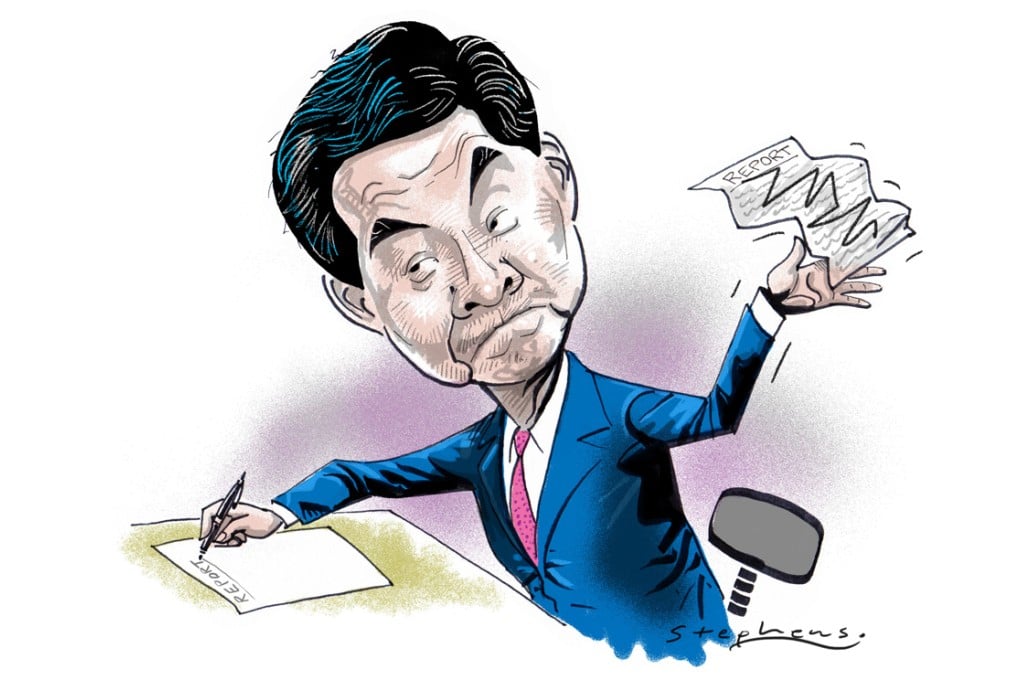Hong Kong government can make a new case to Beijing on electoral reform
Chris Patten calls on the Hong Kong government to submit a new report to Beijing that paves the way to a directly elected legislature and a broader electoral base for the nominating committee

Hong Kong's democracy movement has gained admiration worldwide. The principles, decency and behaviour of its youthful vanguard inspire confidence in the qualities of the generation that one day will run the great city. That said, it is time to move on to a sensible endgame.
The longer the stand-off between Hong Kong's chief executive and the demonstrators continues, the more likely it is that individual citizens - and Hong Kong itself - will be hurt. The Hong Kong government should demonstrate some statesmanship, which the so-called "umbrella movement" - occupying the moral high ground and not wishing to risk losing public support - would surely reciprocate. A substantive and successful dialogue with the government would not require the protesters to call off their campaign for democracy; it would simply end the current phase of a campaign that eventually will succeed.
Despite their protestations to the contrary, Chief Executive Leung Chun-ying and his government have considerable room for manoeuvre. As many Hong Kong citizens have argued, the Chinese government's current position is based on a report, submitted by Leung's officials, which purported to reflect accurately the outcome of local consultations on constitutional development.
But the report plainly understated the degree of public support for change. Given what has happened in the past few weeks, Leung could quite properly give a new report to the authorities in Beijing focusing on two issues not proscribed by the Basic Law.
READ MORE: To view all the latest Occupy Central stories click here
The first issue concerns not just the immediate question of the terms on which the chief executive will be elected in 2017, but also how the Legislative Council should be elected in 2016 and after. The procedure is largely a matter for the Hong Kong government to decide.
It is surprising that 17 years after the handover of sovereignty, Hong Kong still does not have a directly elected legislature. In December 1992, Margaret Thatcher suggested in a speech in the House of Lords that, if all went well, Hong Kong could have universal suffrage by 2007.
